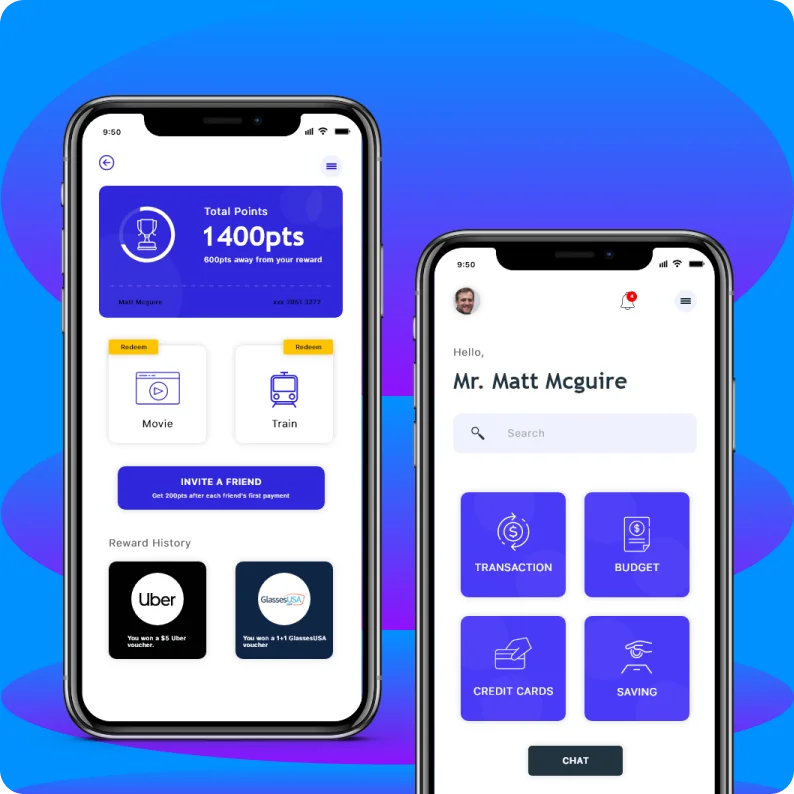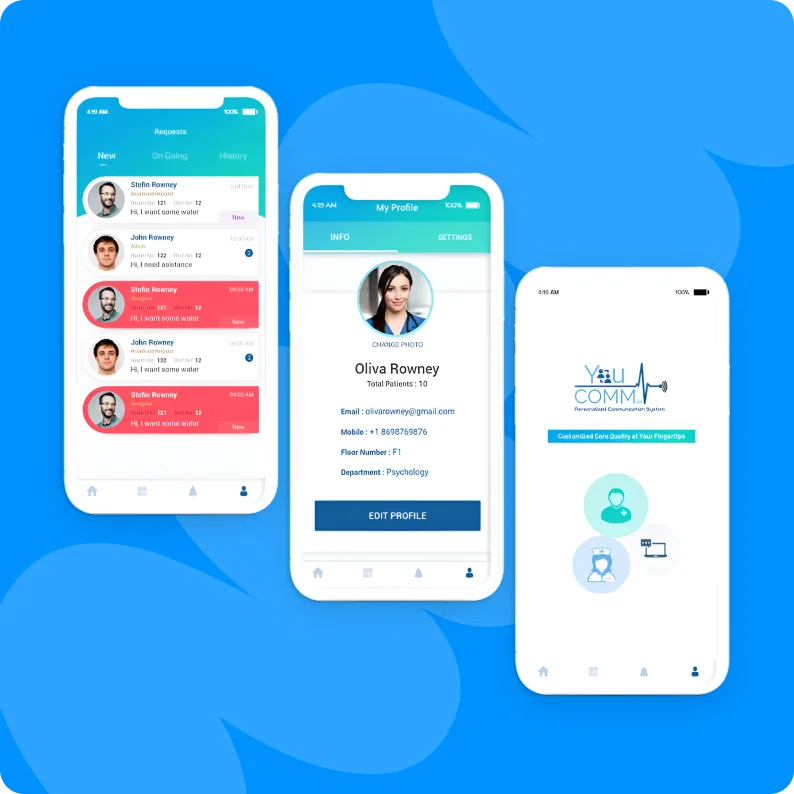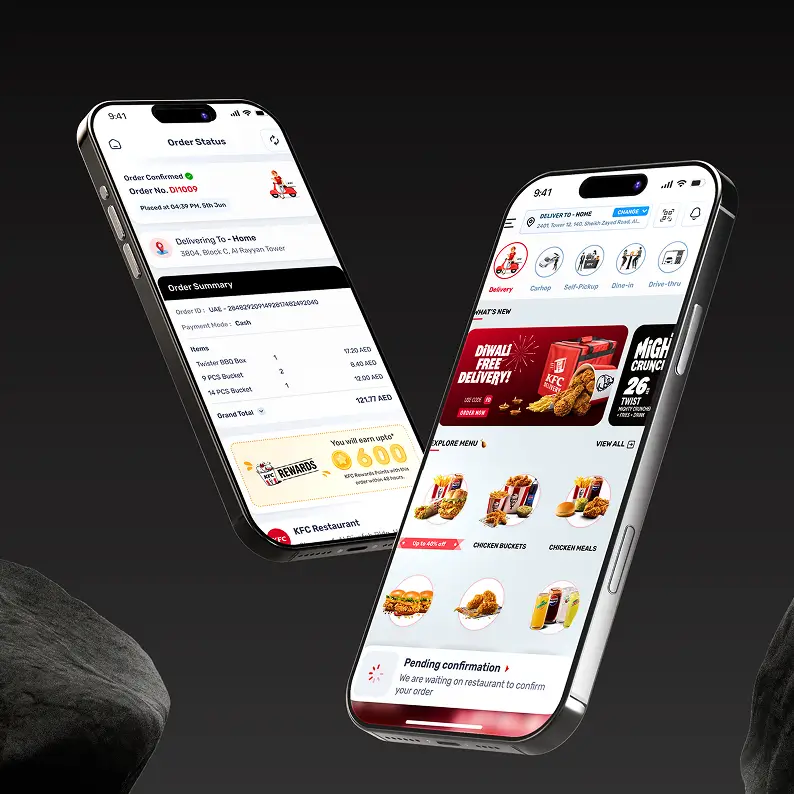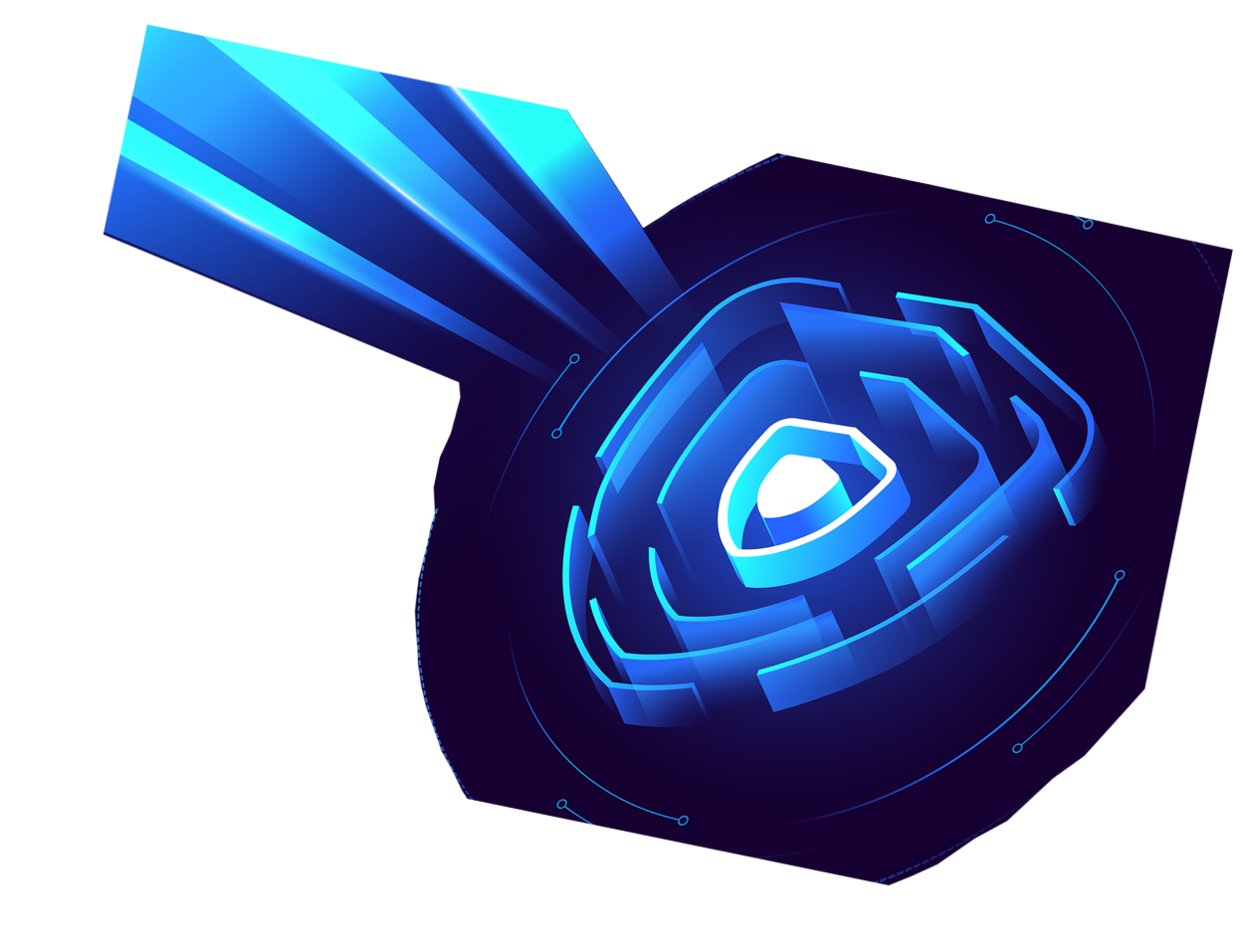Uncover proof of Appinventiv's impact across 3000+ digital deliveries for 35+ industries. EXPLORE NOW! Uncover proof of Appinventiv's impact across 3000+ digital deliveries for 35+ industries. EXPLORE NOW! Uncover proof of Appinventiv's impact across 3000+ digital deliveries for 35+ industries. EXPLORE NOW! Uncover proof of Appinventiv's impact across 3000+ digital deliveries for 35+ industries. EXPLORE NOW!
- InventivAIRECOMMENDED AI BLOGSView All AI Blogs
-

How to Choose the Best AI Agent Development Company for Businesses
-

25+ Disruptive AI Agent Business Ideas You Should Launch in 2026
-

How to Hire the Best AI Developer for Your Custom Project? Key Steps, Costs, and More
-

How to Build an AI App? Steps, Features, Costs, Trends
-

AI in Transportation: Benefits and Use Cases for Modern Enterprises
-

How to Build an Intelligent AI Model From Scratch: An Enterprise Guide
-

The Role of AI in the Oil and Gas Industry – 10 Use Cases, Benefits, Examples
-

AI in Real Estate: 16 Powerful Applications with Real Examples
-

AI in the Automotive Industry Transforms the Future of Business: Benefits and Use Cases
-
- About
- Services
IT Managed & Outsourcing
Didn't find what you're looking for? Let us know your needs, and we'll tailor a solution just for you. - IndustriesDidn't find what you're looking for? Let us know your needs, and we'll tailor a solution just for you.
- Portfolio
- Adidas
A leading digital platform to offer engaging shopping experience to users
- KFC
A mobile app to digitalise & expand KFC’s digital footprint
- Americana
An automated ETL & Power BI data platform driving efficiency growth and 4× compliance improvement.
- IKEA
A transforming ERP solution for the world’s largest furniture retailer
- Domino's
A refined UX strategy for Domino's to increase their conversion rate by 23%
- Edfundo
A SaaS-based financial literacy and smart money management platform for kids
-
- Resources
- Blogs
- Guides
- Press Releases
Discover how our expertise can solve your most complex business challenges.RECOMMENDED BlogsView All BlogsRECOMMENDED guidesView All Guides -
Contact Us
Results Based On Your Search
Results Based On Following Articles
-

How to use Motion Design to make app experience interesting?
-

5 Easy Ways To Reduce Mobile App Uninstalls
-

7 UX Design Mistakes That Can Deter Your App Success
-
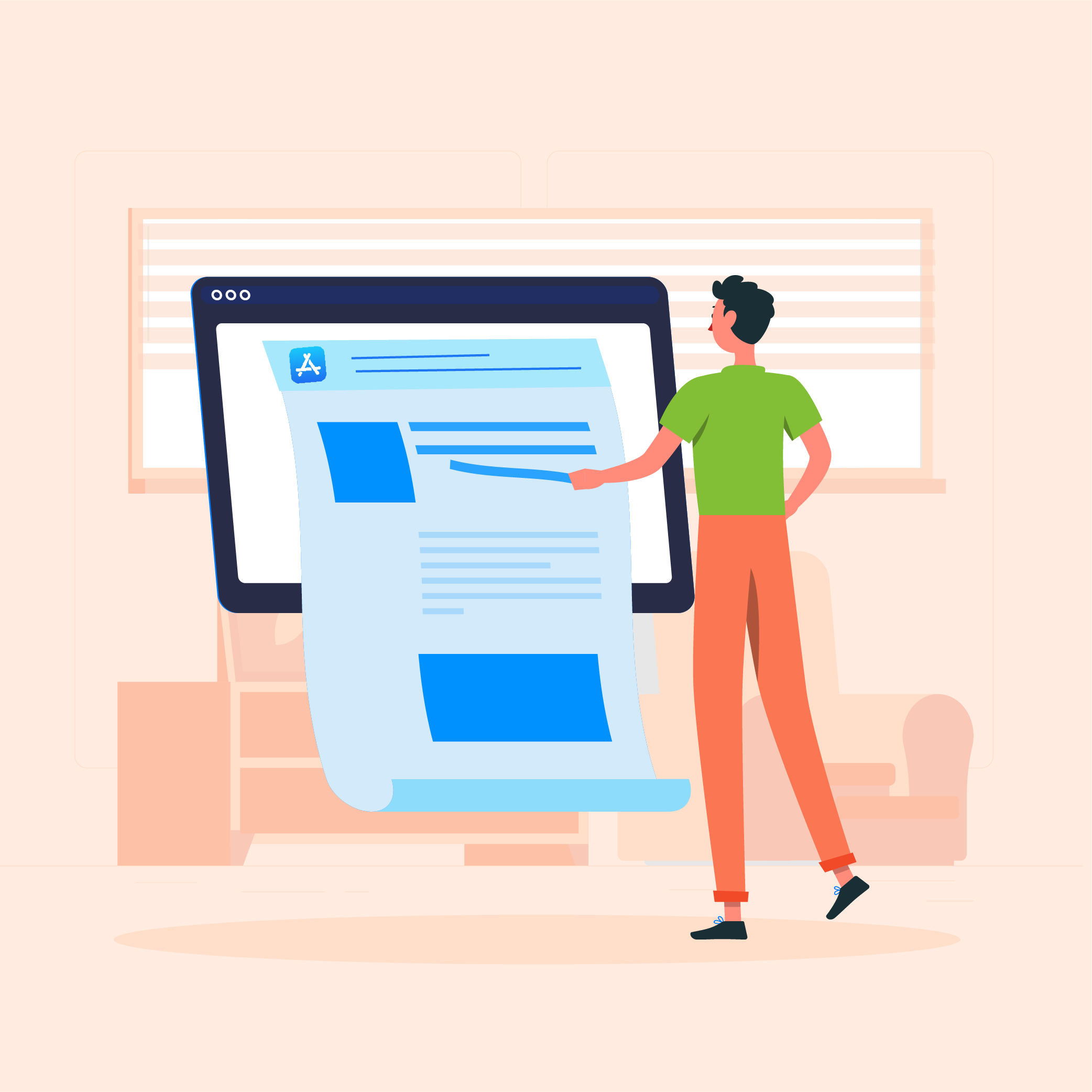
What It Takes To Successfully Publish Your App On AppStore?
-

Cloud Data Migration – Adopting the Right Strategy and Best Practices
-

How Medical Augmented Reality Can Revolutionize Your Daily Lives?
Didn't find what you're looking for? Let us
know your needs, and we'll tailor a solution just for you.















